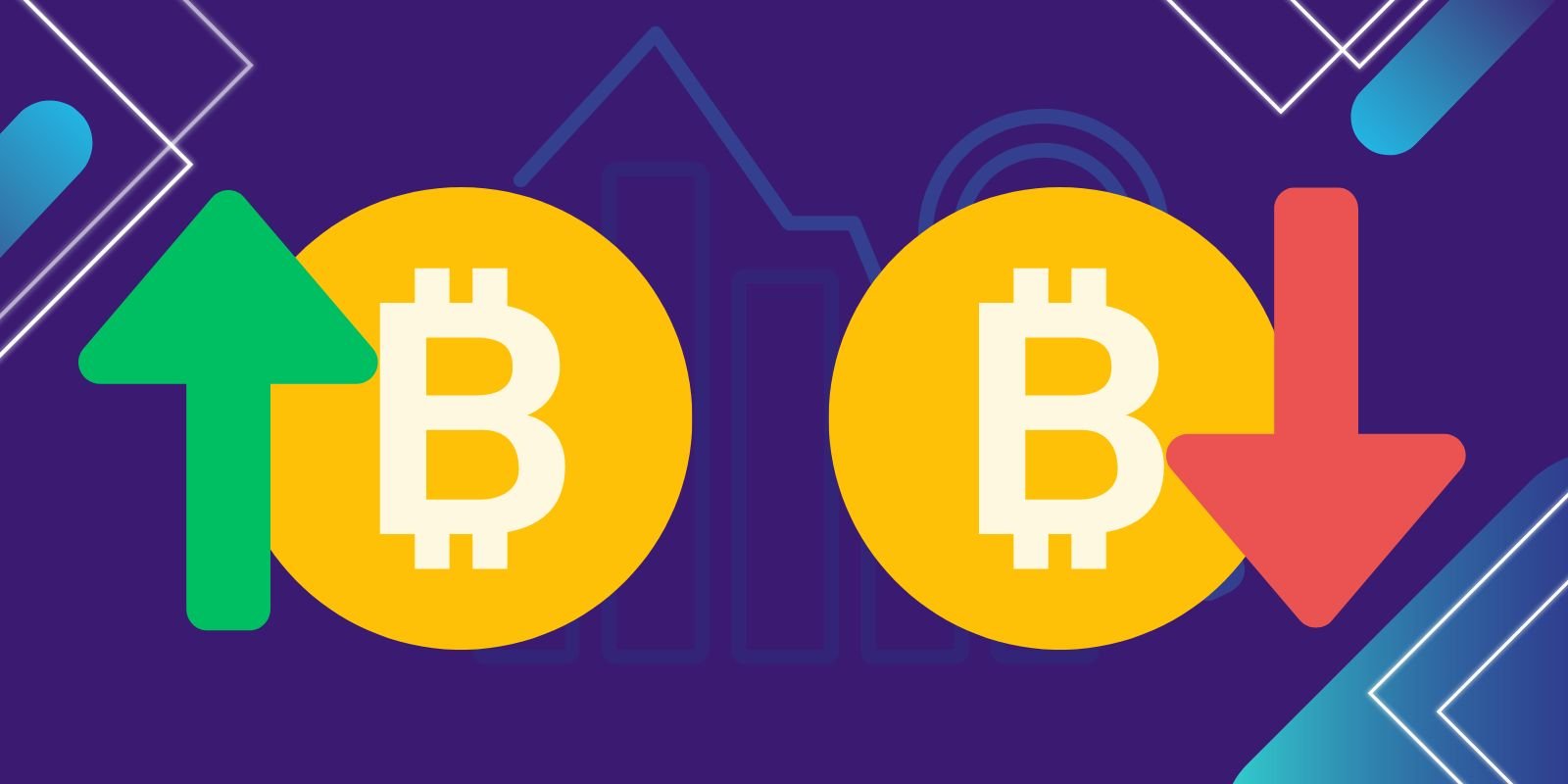In the world of cryptocurrency, nodes are an essential part of the network. But what exactly is a node? And why are they so important? Let’s find out!
What is a node?
A node is a powerful tool within the blockchain network, providing users with the ability to create connections between different components of a network. It is a point inside the network where data or information can be stored and passed from one place to another within the framework.
What is a node in crypto?
A node in crypto is a critical element in the infrastructure of cryptocurrency networks. Nodes contain a copy of the blockchain and act as validators, verifying transactions on the blockchain so they can be added to the ledger.
Operating a node requires powerful computers, specialized software, and a reliable internet connection. Running nodes is essential for the decentralized nature of cryptocurrencies because it allows individuals to become part of the network. This makes nodes an integral part of cryptocurrency and helps ensure that it functions properly.
What is a blockchain node?
A blockchain node is an essential part of a distributed ledger technology or DLT. It can refer to any computer, device, or individual participating in the blockchain network. Participants validate and store transaction data in nodes, allowing for the secure exchange of digital assets between users without the need for a third-party intermediary. By gathering these records of all transactions on the network, nodes are responsible for keeping a large public database known as the distributed ledger up to date.
How do blockchain nodes work?
A blockchain is essentially a distributed database hosted on millions of computers that are open and connected to the internet, which makes it virtually impossible for data to be corrupted or stolen. Every time a transaction is made, its details along with the node in crypto acting as participants in the network process the transaction. These nodes form something called a ‘block‘, which identifies each purchase through its irreversible fingerprint.

All blocks together form a chain of blocks that records each completed transaction and serves as an immutable ledger of all cryptocurrency transactions. Because no one user controls the database nor can alter it without permission from everyone else in the network, and because as more transactions are made more nodes are added to verify them, this technology forms one of the most secure networks available today.
Reasons to run a Blockchain node
1. Little to no investment is required
With little to no investment required, it is the perfect opportunity for new users and experts alike to experience blockchain technology first-hand. Not only does operating a node in crypto provide the user with a sense of ownership on a distributed ledger, but there are also potential rewards available as well.
2. Access to governance
Access to governance is a critical factor in any successful blockchain network. By running their node, users can directly influence how the network develops and operates. This level of involvement creates a sense of ownership that encourages users to stay connected and engaged with the network, giving people more power over its evolution.
3. Make the network safer
By running a blockchain node, we can help make the network safer. By running your blockchain node you are becoming part of this secure system yourself, adding your layer of security to the global blockchain ecosystem.
Types of Nodes
1. Full Node
It allows the user to independently verify that transactions are correctly processed and stored on the blockchain, providing users with strong security and peace of mind. Full node usage also contributes to creating a robust network, since users can significantly reduce the risk of experiencing errors or malicious attacks from outsiders.
2. Pruned Node
Pruned nodes in crypto provide a unique benefit in that they allow users to retain full access to the blockchain while reducing their storage needs. By omitting certain data such as old transaction records, pruned node in crypto saves significantly in disk space, allowing users to operate secure and highly private networks without overwhelming amounts of storage.
3. Archival Nodes
Utilizing distributed computing power, archival nodes in crypto are entities in a network that store copies of the shared ledger to preserve long-term data and enable access to historical information for other participants in the network. As such, they provide an immense benefit in preserving the integrity of crypto networks.
4. Authority Nodes
Authority Nodes in crypto are decentralized networks in which individual users in the system serve as the foundation for verifying, authenticating, and facilitating transactions in the shared ledger. These nodes are used in various ways to ensure stable and secure operations within blockchain-based infrastructure, such as consensus protocols and transaction verifications.
5. Mining Nodes
Mining nodes in crypto refer to the specialized nodes in a blockchain network that are responsible for authenticating transactions and recording them in the public ledger in exchange for rewards.

Thus, Bitcoin miners in crypto networks play an essential role in keeping their respective networks secure and providing liquidity by releasing new coins into the ecosystem.
6. Master Nodes
Master nodes in crypto networks are special types of nodes that work with the traditional network of nodes to validate and secure the network in specific ways. This type of node serves as an integral part of many popular crypto networks because it helps further assure increased security, transaction speed, and scalability.
7. Staking Nodes
Setting up a staking node in cryptocurrency presents many benefits for investors, such as earning rewards in return for verifying and validating transactions in the blockchain. These staking nodes are similar to traditional bank accounts in that users lock in funds in exchange for interest. Staking nodes also help protect and secure the network, making them an integral part of the crypto ecosystem.
FAQs
Do crypto nodes make money?
The answer is yes, but it requires a significant investment of both time and money to do so. By running a node, one can collect transaction fees as they process cryptocurrency transactions while also helping secure the network. With enough users running nodes, rewards from processing transactions can accumulate quickly and result in a return on investment for those who run them.
How much is a crypto node?
A crypto node is an important part of any cryptocurrency platform, acting as a bridge between the blockchain and end users. The cost of setting up a crypto node will depend on several factors including the type of cryptocurrency being used and the hardware and software configuration needed for the node.







